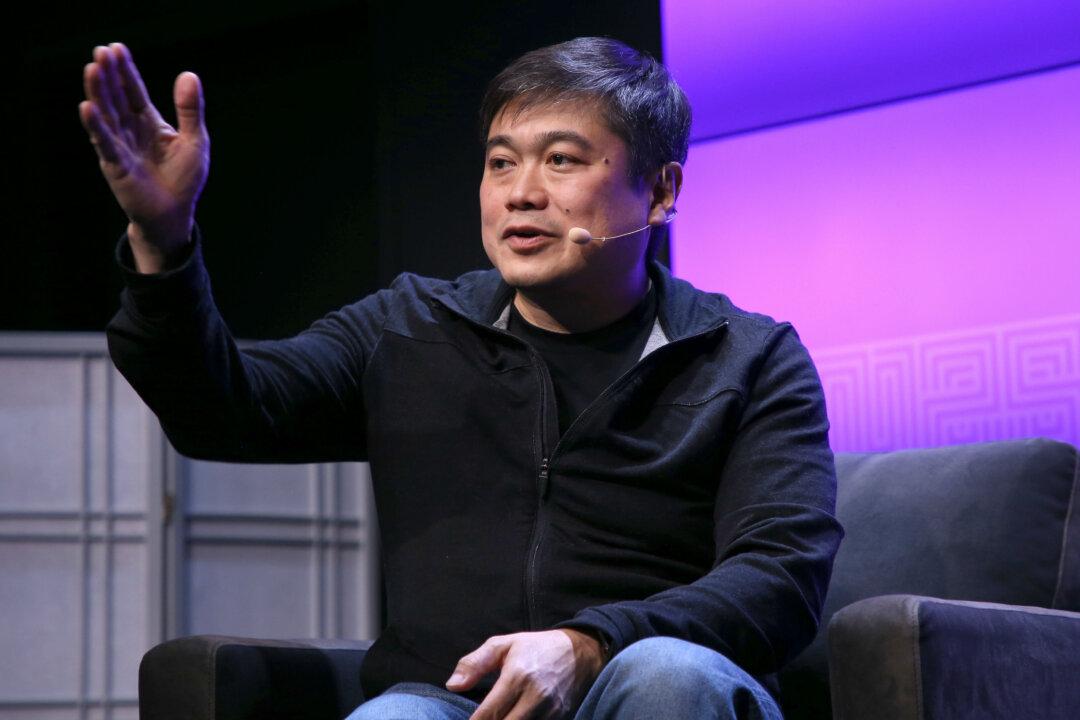Massachusetts Institute of Technology’s (MIT) Media Lab Director Joi Ito resigned on Sept. 7, a day after a new report detailed how the lab attempted to hide its financial relationship with recently deceased sex offender Jeffrey Epstein, who had been facing trial on child sex-trafficking charges.
According to dozens of pages of emails and other documents obtained by The New Yorker, the Media Lab continued to accept gifts from Epstein, even as he was listed as “disqualified” in MIT’s official donor database. The lab concealed the full amount of donations received from Epstein by marking his contributions as anonymous.





